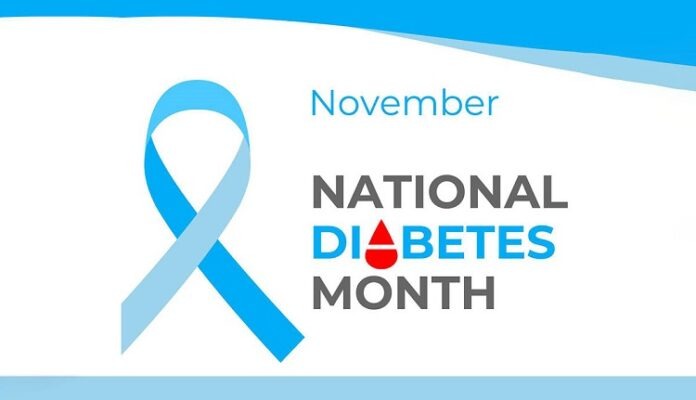| Subscribe to our YouTubeChannel |
|
|---|
It is one of the most expensive diseases and it’s the seventh leading cause of death. November is the National Awareness Month for Diabetes, and it is a good time to discuss the disease’s physical and financial effects, as well as what to watch for.
An estimated 10,000 individuals in Nevada are diagnosed with diabetes per year.
People with the condition have nearly two and a half times higher medical expenses than others. More than $9,000 a year will be spent by the average patient on health care expenses.
Approximately 75,000 Nevadans have diabetes and do not know it, which is disturbing.
Obesity is the number one risk factor. Your chances of being diagnosed skyrocket if you are overweight. High blood pressure, high cholesterol, and inactivity are other causes.
That increases your risk by nearly 40 percent if you smoke.
Diabetes patients will also live shorter lives, up to 14 years for a woman and 18 years for a child.
So, on World Diabetes Day on Saturday, you are advised to follow a healthy lifestyle and to know the warning signs.
Food shortages and fatigue
Peeing more often and being thirstier
Dry mouth and skin itch
Losing weight without trying to get rid of it
Blurred Vision
10,000 Nevadans are diagnosed with diabetes annually.
The following COVID-19 precautionary guidelines for individuals with diabetes were shared by Gordon:
- Be conscious of COVID-19 symptoms, such as fever, shortness of breath, dry cough, and tiredness. Contact your physician as soon as possible if you encounter these symptoms.
- Carefully track blood glucose levels, as elevated levels of blood sugar can indicate infection. Before and after meals, at bedtime, and before exercise, the most appropriate periods to perform these tests are.
- Follow all recommended guidelines for protection, including wearing a face mask, daily washing of your hands, and social distance.
- Avoid direct contact with someone or anyone who has recently been exposed to COVID-19 that displays signs of respiratory disease.
- Follow the medication, diet, and exercise advice of your doctor.
Talking to your doctor about the risks and how to protect yourself is the most important thing you can do.
Yourself,’ Gordon said. Your doctor will help you understand how your health and health can be improved
During this pandemic, reduce the risks.’


















